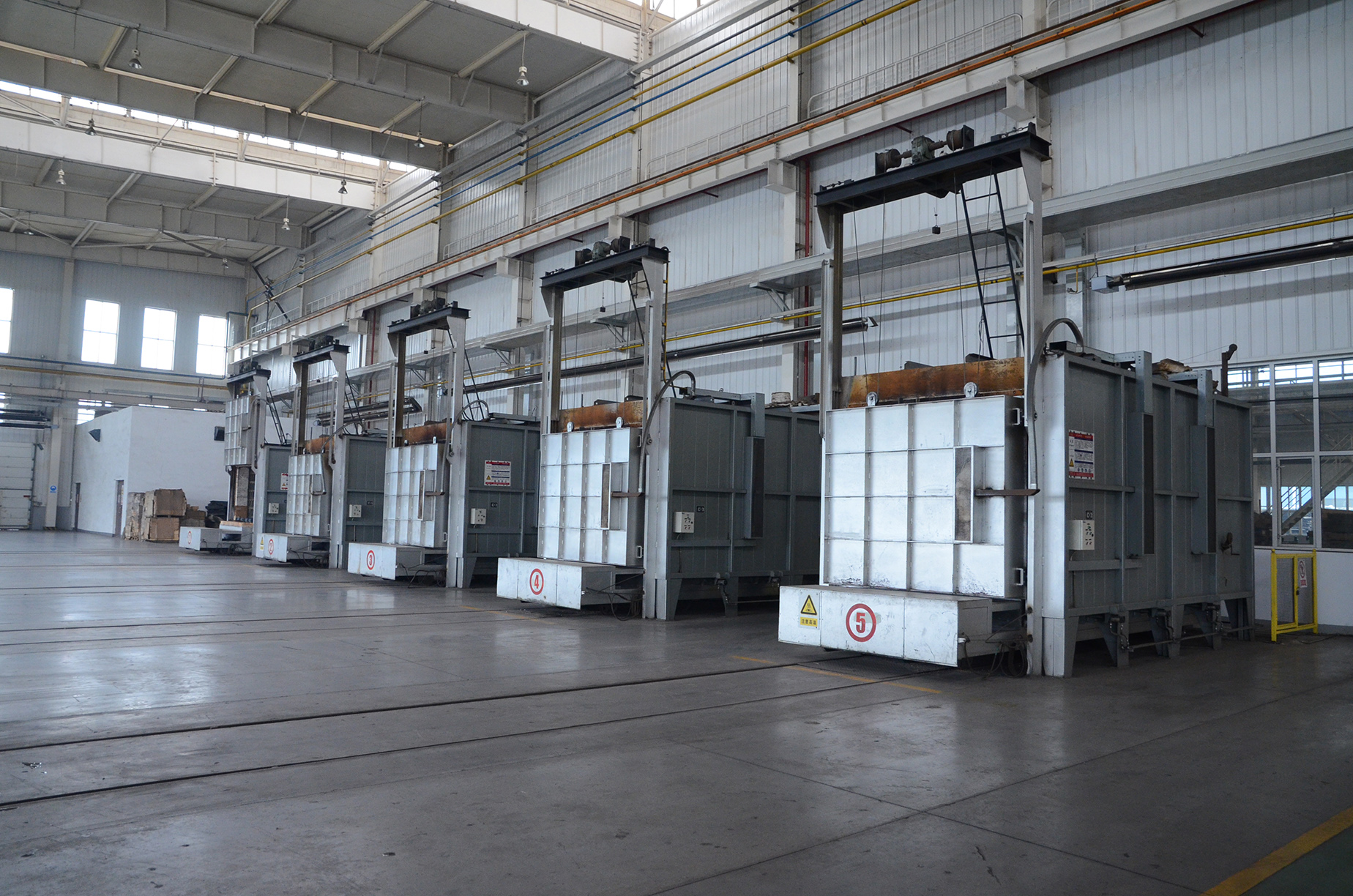Նյմ . 11, 2024 17:30 Back to list
condensing oil boiler
Understanding Condensing Oil Boilers Efficiency and Benefits
In recent years, the focus on energy efficiency and environmental sustainability has led to the rise of condensing oil boilers as a prominent choice for heating in both residential and commercial settings. These advanced heating systems are designed to maximize fuel efficiency and minimize heat loss, thereby reducing energy consumption and lowering carbon emissions. This article explores how condensing oil boilers work, their advantages, and why they are becoming a preferred option for many homeowners and businesses.
How Condensing Oil Boilers Work
Condensing oil boilers operate on a simple yet effective principle. They utilize the heat generated from burning oil not just to produce hot water or steam, but also to recover heat from the exhaust gases that would typically be lost in conventional boilers. The design incorporates a heat exchanger that captures this waste heat and transfers it back into the heating system. This process allows condensing boilers to achieve significantly higher efficiency ratings—often exceeding 90%—compared to traditional oil boilers.
The key innovation in condensing technology is the ability to condense the steam produced during combustion back into water, thereby extracting latent heat. By lowering the temperature of the exhaust gases, the boiler can extract more energy from the fuel used, contributing to overall efficiency. This not only leads to cost savings on energy bills but also aligns with modern regulations aimed at reducing environmental impact.
Advantages of Condensing Oil Boilers
1. High Efficiency One of the most compelling reasons to choose a condensing oil boiler is its efficiency. With efficiencies often ranging from 90% to over 95%, these boilers can significantly reduce fuel consumption. This translates into lower heating costs and a smaller carbon footprint.
condensing oil boiler

2. Environmental Benefits In an era where climate change is a pressing challenge, switching to a condensing oil boiler can play a part in reducing greenhouse gas emissions. By maximizing energy use and minimizing waste, these systems are more environmentally friendly compared to traditional boilers.
3. Lower Maintenance Costs Condensing oil boilers typically require less maintenance than their non-condensing counterparts. The advanced technology used in these systems helps reduce the accumulation of soot and deposits, leading to fewer breakdowns and a longer lifespan.
4. Enhanced Comfort These boilers provide consistent heating and hot water on demand. Their ability to modulate heating output means that homes and businesses remain comfortable, even during the coldest months.
5. Adaptable Design Condensing oil boilers can be integrated into existing heating systems, making them a versatile option for upgrades. Whether it’s a full replacement or adding to an existing system, these boilers can be tailored to fit various setups.
Conclusion
As energy costs continue to rise and environmental concerns take center stage, condensing oil boilers present an efficient and sustainable solution for heating needs. Their innovative technology not only maximizes fuel use but also minimizes waste, offering a significant reduction in energy bills along with environmental benefits. For homeowners and businesses looking to enhance their heating systems, investing in a condensing oil boiler may be a wise and responsible choice. With their combination of efficiency, comfort, and lower carbon emissions, these boilers are paving the way forward in the quest for better energy solutions.
-
Durable Centrifugally Cast Iron Water Main Pipe
NewsAug.11,2025
-
Centrifugally Cast Iron Water Main Pipes for Reliability
NewsAug.10,2025
-
High-Quality Centrifugally Cast Iron Water Main Pipes
NewsAug.09,2025
-
Durable Cast Iron Water Main Pipe & Drainage Solutions
NewsAug.08,2025
-
Buy Cast Iron Pipe: Premium Ductile Iron & Drain Solutions
NewsAug.07,2025
-
Durable Cast Iron Water Main Pipe | Buy Ductile Pipe
NewsAug.06,2025


